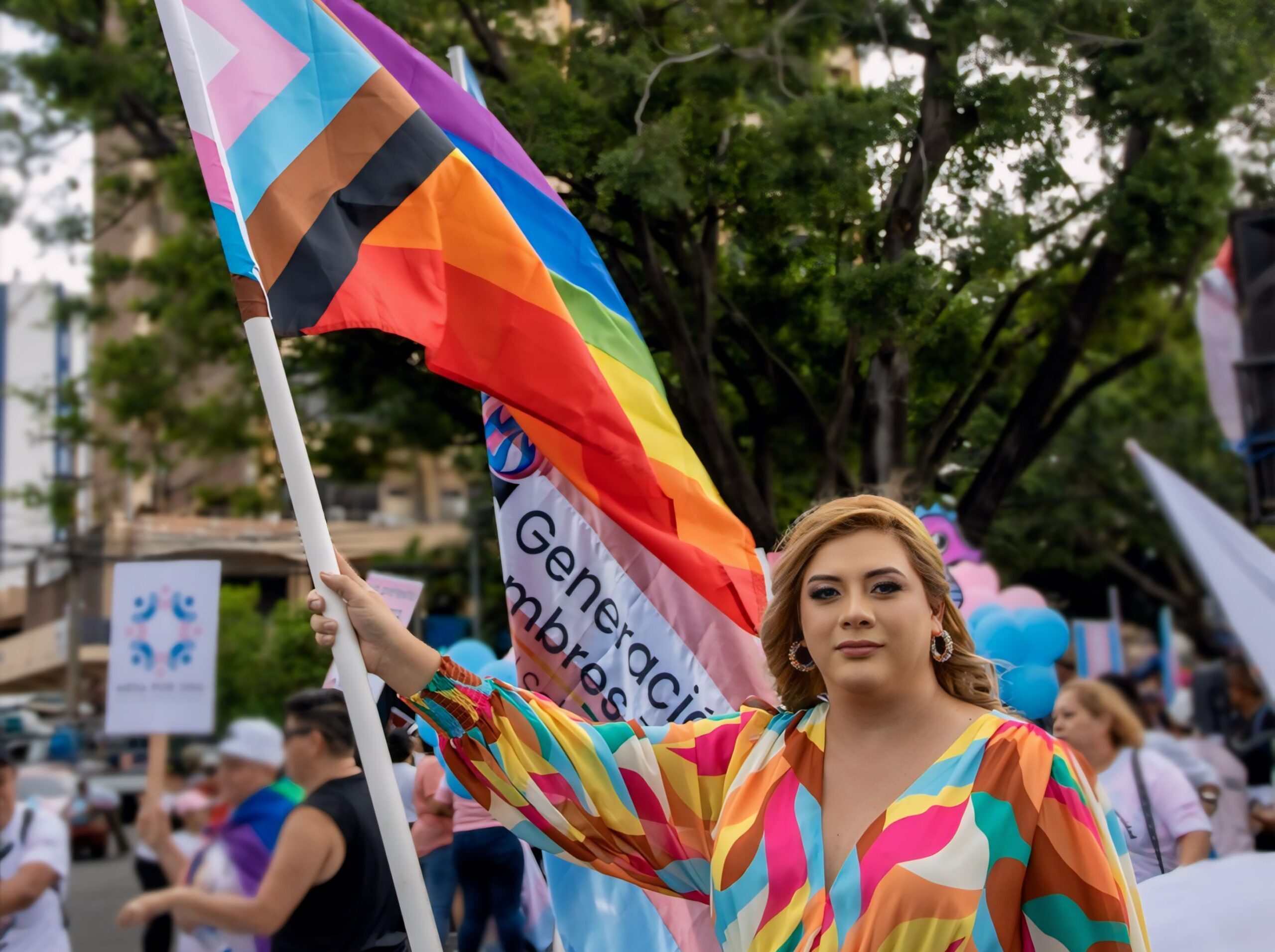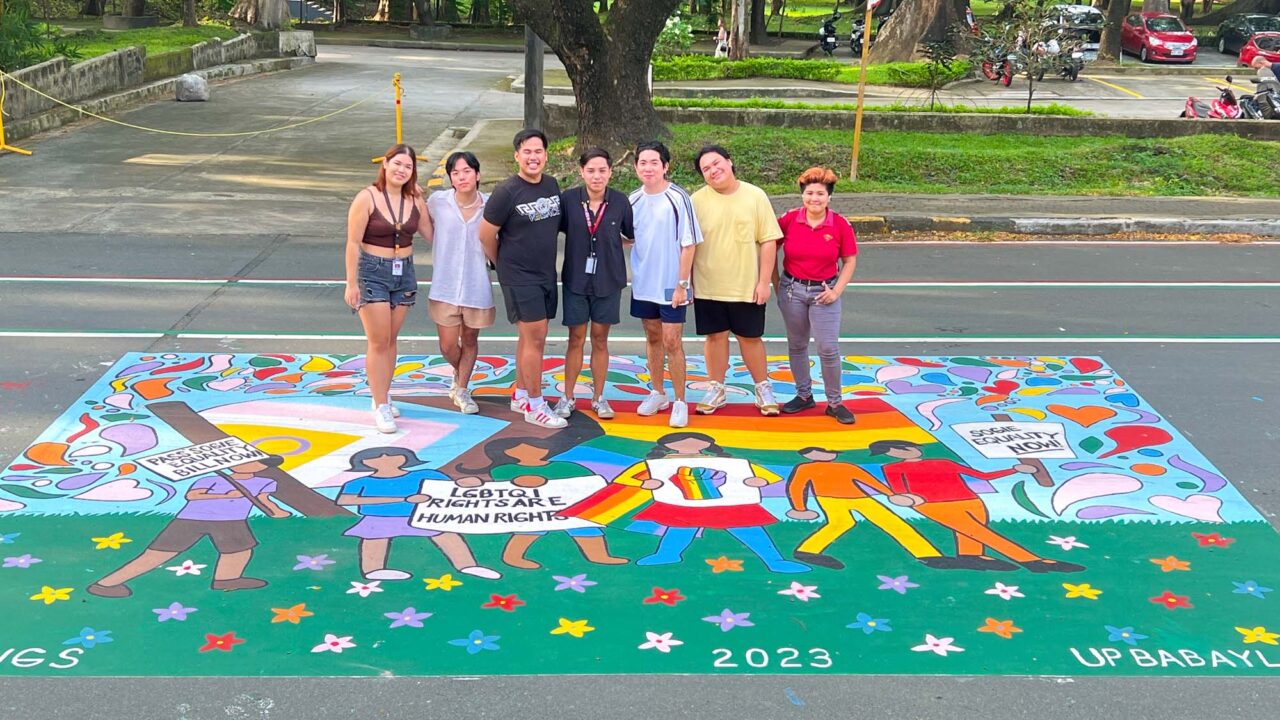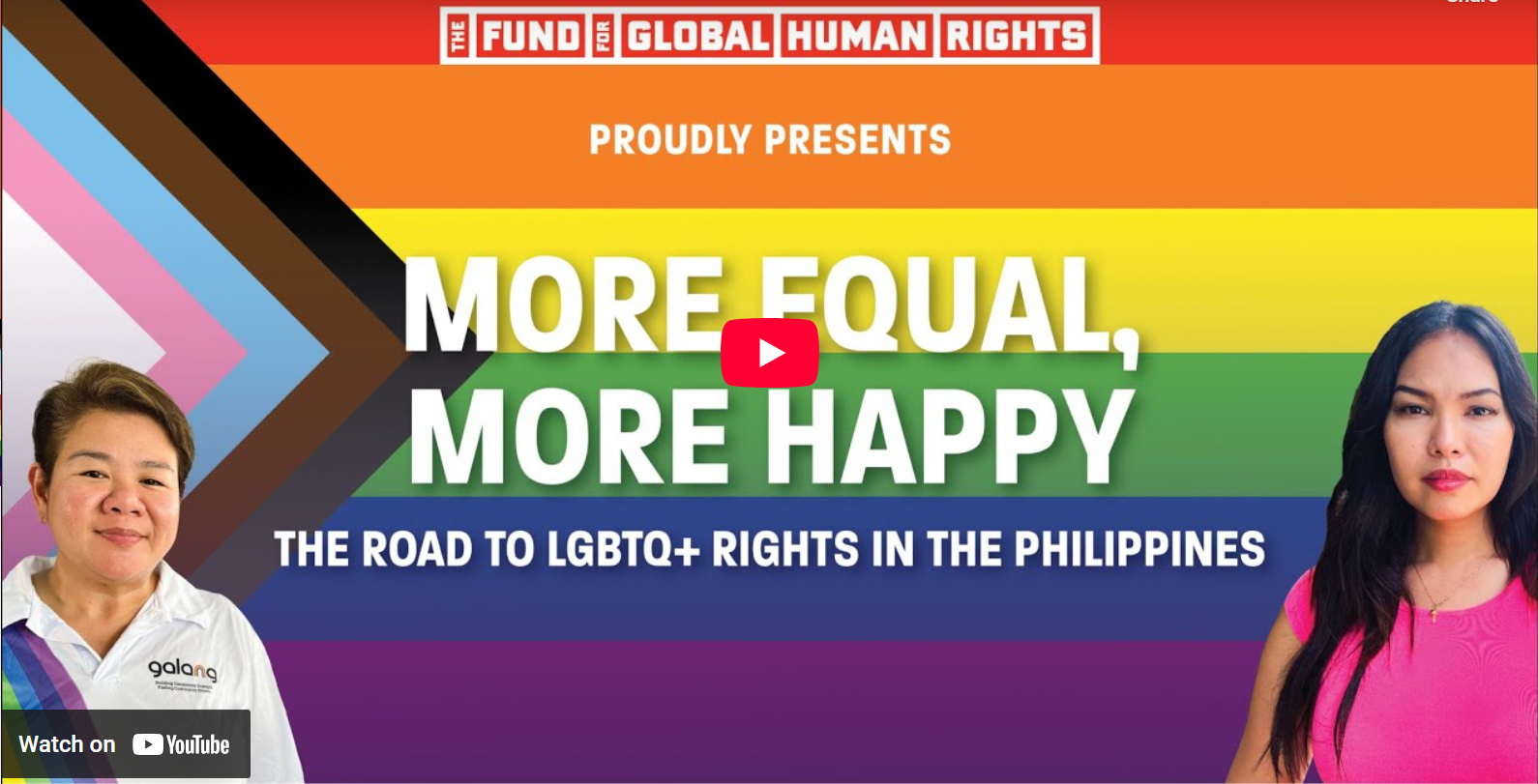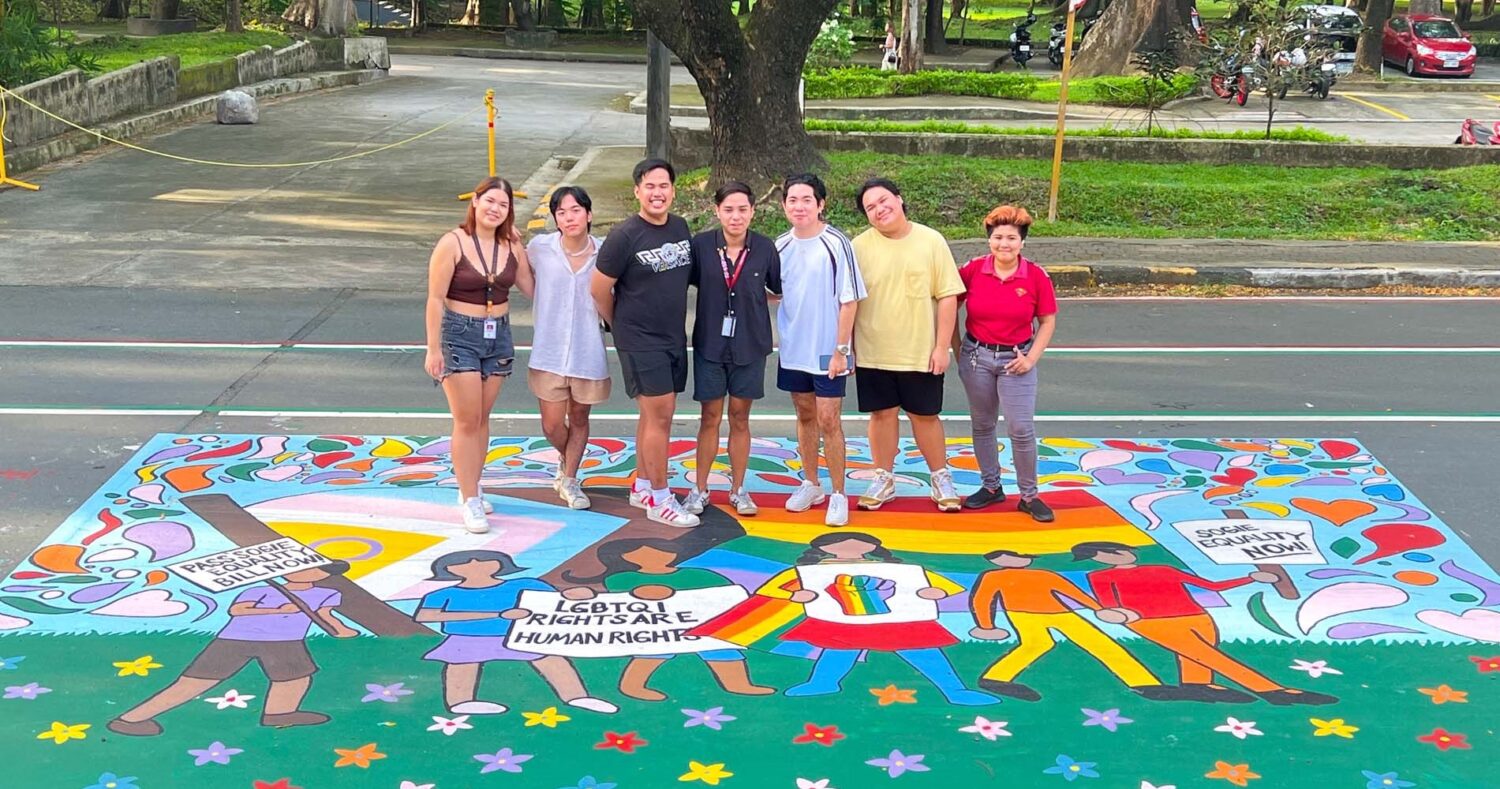After decades of progress, LGBTQ+ rights are facing a backlash across the globe. But inspiring efforts to pass a landmark anti-discrimination law in the Philippines show that the fight for equality is far from over.

In recent years, the LGBTQ+ rights movement has made enormous strides toward equality. Visibility and protections for LGBTQ+ people have improved. Sexuality and gender issues are increasingly recognized as integral to human rights movements. Global polling shows that more and more people are embracing equality and rejecting prejudice.
But around the world, a deep-pocketed coalition of religious fundamentalist groups, ascendent authoritarians, and far-right donors are spending tens of millions of dollars to undermine and unravel this hard-fought progress.
In the United States, a record number of anti-LGBTQ+ bills were introduced in 2023. The ACLU is tracking more than 500 pieces of anti-LGBTQ+ legislation in state houses across the country, many related to education and healthcare. Just months ago, Iraq approved a new law that criminalizes same-sex relations and gender-affirming surgery. Last year, Uganda passed one of the world’s most severe anti-homosexuality laws, and other African nations—including Kenya and Ghana—are now considering similar legislation.
This dire news dominates the headlines. But grassroots LGBTQ+ activists around the world have the power and potential to stand up against hate—and they continue to advance their own rights against an agenda imposed by religious fundamentalists and right-wing politicians.
Earlier this year, Estonia became the first post–Soviet bloc country to legalize same-sex marriage, and Greece became the first Orthodox Christian country to do so. The Thai Parliament passed the first marriage equality bill in Southeast Asia just before the end of June, paving the way for it to recognize same-sex marriage. And in the Philippines, activists are building support for a landmark piece of anti-discrimination legislation that’s been decades in the making.
The SOGIE Equality Bill was first introduced in the Philippine Congress more than 20 years ago. The bill aims to ban discrimination on the basis of sexual orientation, gender identity, gender expression, and sex characteristics. It would be a huge step forward in a country where LGBTQ+ people, especially from poorer or more rural areas, continue to face stigma and intolerance.
Even as national-level legislation has stalled in recent years, activists have continued to push for the passage of anti-discrimination ordinances in over a dozen cities and provinces throughout the Philippines. Today, Manila, Cebu, and other municipalities prohibit denying a job or school application, limiting access to government services, workplace harassment on the basis of sexual orientation or gender identity or expression.
The SOGIE campaign is a testament to the resilience and determination of local grassroots LGBTQ+ activists. It’s also a stark reminder that transformative change doesn’t happen overnight.
Donors in the international community, like the Fund for Global Human Rights, have stuck by Filipino LGBTQ+ activists as they have won these hard-fought struggles to pass local anti-discrimination ordinances and campaigned for the national-level SOGIE Equality Bill. With long-term, flexible funding, activists in the Philippines have organized their communities around justice and equality. Now, they’re poised to make another major push for the bill. But they’ll need renewed support from international allies to cross the finish line.

Our model of long-term funding through trust-based philanthropic partnership enables activists to lay the groundwork for legislative action. By addressing the root causes of intolerance and by changing hearts and minds—one at a time—grassroots activists help create the conditions for legislative action and lasting change.
This kind of transformative work requires sustained commitment from both activists and donors. Just 0.39 percent of philanthropic giving from U.S. foundations goes to support LGBTQ+ rights, according to the Global Philanthropy Project, and less than a third of total LGBTQ+ funding reaches the Global South. Meanwhile, American lobbyists and fundamentalist groups have spent tens of millions on anti-rights campaigns in Africa—spreading hate from the United States to Uganda.
This funding imbalance threatens to tip the scales in favor of prejudice and persecution. But grassroots LGBTQ+ activists around the world have the power and potential to stand up against hate—and they continue to push back on the well-funded campaign to roll back their rights. As the human rights movement well knows, reactionary laws are short-term setbacks that can be overcome. Only patient, diligent work at the grassroots level will create and sustain real change.
The current tidal wave of hateful legislation around the world is a coordinated assault on the fundamental freedoms of LGBTQ+ people. But as we’ve seen, time and time again, well-resourced movements for equality can and will prevail. Philanthropy and the international community must respond with renewed investment in the activists who power these campaigns.
The fight for equality in the Philippines, drawing inspiration from so many other landmark victories, exemplifies the urgent need for long-term, flexible funding to support LGBTQ+ rights. Through solidarity, resilience, and steady support, we can defend the progress we’ve made today—and build on it tomorrow.
Sign up to our newsletter
Add some impact to your inbox.
By submitting this form, you accept that your data will be stored and processed in line with our Privacy Policy.




